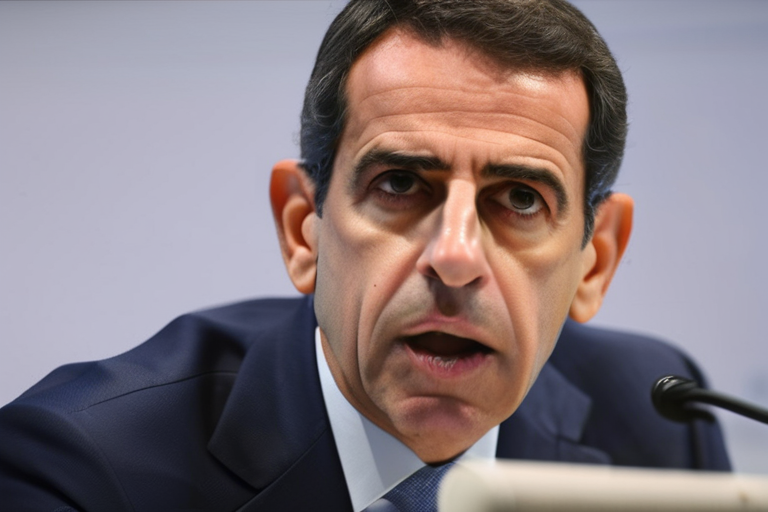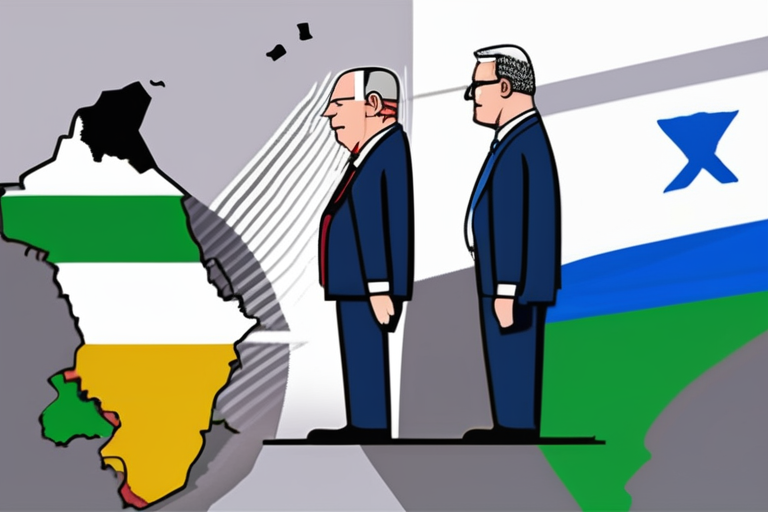Eurovision Vote on Israel's Participation Postponed Amid Middle East Tensions


Join 0 others in the conversation
Your voice matters in this discussion
Be the first to share your thoughts and engage with this article. Your perspective matters!
Discover articles from our community

 Hoppi
Hoppi

 Hoppi
Hoppi

 Hoppi
Hoppi

 Hoppi
Hoppi

 Hoppi
Hoppi

 Hoppi
Hoppi

Spanish PM's Call to Bar Israel from International Sport Sparks Global Reactions The Spanish Prime Minister's proposal to exclude Israel …

Hoppi

RTÉ: Ireland Threatens to Withdraw from Eurovision if Israel Participates In a move that has sparked widespread debate, RTÉ, the …

Hoppi

Eurovision to Vote on Israeli Participation in November Amid International Controversy The European Broadcasting Union (EBU) confirmed that members will …

Hoppi

Eurovision Organisers Postpone Vote on Israel's Inclusion Next Year The European Broadcasting Union (EBU) has postponed a vote on whether …

Hoppi

EU Members Reaffirm Commitment to Two-State Solution STRASBOURG, France - The European Union's 27 member states have reaffirmed their commitment …

Hoppi

Netherlands Joins Eurovision Boycott Over Israel Amid Ongoing Gaza Crisis The Netherlands has announced its decision to join the growing …

Hoppi